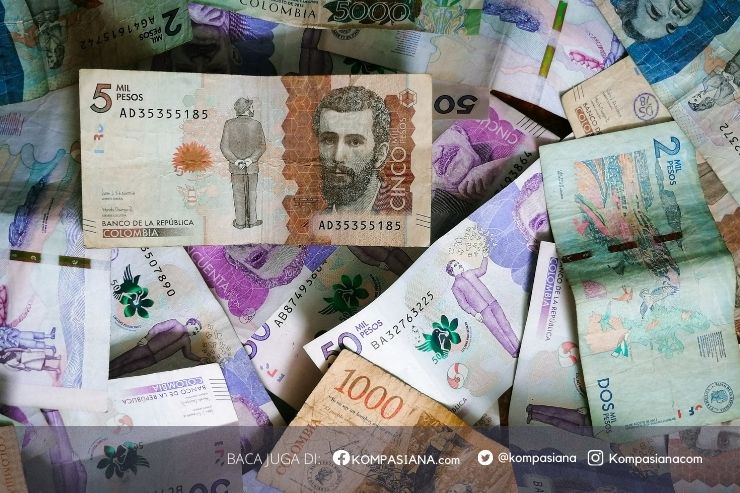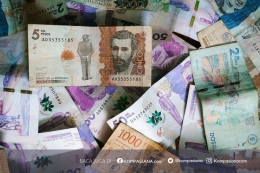Sharia banking in Indonesia was first established in 1991, it names Muamalat Bank. Started from the state of banking in Indonesia at that time which was very warning, because Indonesian banks could not control the existing interest rates in conventional banks. Causing interest rates in conventional banks to soar and many Indonesian people are blocked by the high bank interest.
Starting from this incident, the Ulama's in Indonesia took the initiative to establish a banking system that eliminated the interest system or usury '. In 1990, MUI formed a working group to establish an Islamic bank in Indonesia. This is the forerunner to the establishment of Islamic banks or Islamic banks in Indonesia. Then in 1991, the first Islamic bank in Indonesia was born, it names Muamalat bank.
Currently Islamic banking has experienced rapid development in Indonesia. This can be seen from the OJK statistical data as of December 2019 which stated that the number of Sharia Commercial Banks grew by 14 banks. Sharia units are 20 units, and Syariah People's Financing Banks as many as 167 banks, all of which are spread across 2,724 office networks that will be ready to serve all levels of society in Indonesia.
This shows that the interests of the people in Indonesia are good enough to transact and become customers in Islamic banks spread throughout Indonesia. Although there are not as many sharia bank customers as conventional banks, Indonesian people will gradually realize that the system of sharia bank is better than conventional banks.
Islamic banks in Indonesia can develop rapidly of course also because of the good interest of the people of Indonesia, both those who are Muslim and those who are'nt Muslim. Because for non-Muslim who want to transactions based on the value of justice, equity and usefulness of Islamic banks provide the widest place to implement a sense of justice and togetherness.
So sharia banking is not only devoted to those who are Muslim, but also provides maximum service to anyone who wants to transact in Islamic banks regardless of their social or religious status. as long as the customer can accept and implement the principles that already exist in Islamic banks in order to achieve mutual justice in the transaction, there is no one part that benefits and another burdened. everything is based on justice.
Baca konten-konten menarik Kompasiana langsung dari smartphone kamu. Follow channel WhatsApp Kompasiana sekarang di sini: https://whatsapp.com/channel/0029VaYjYaL4Spk7WflFYJ2H








